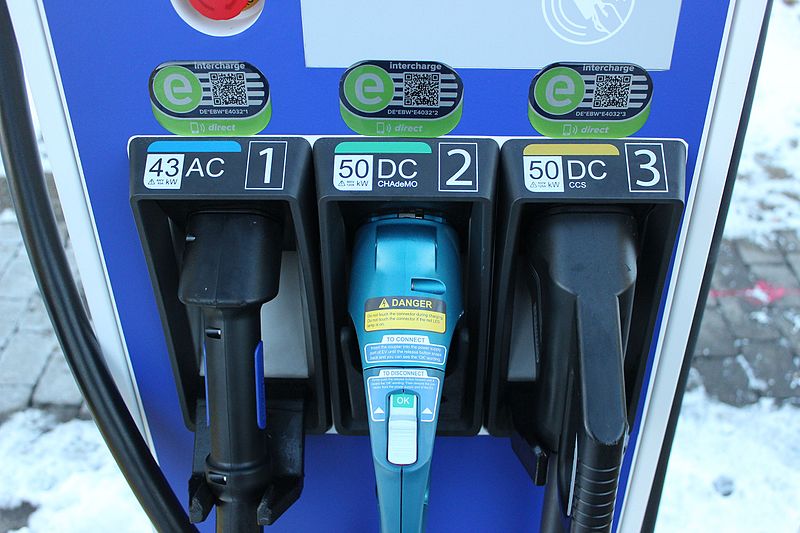
Availability of e-vehicles in UK could dry up after Brexit
The supply of electric vehicles to the British market could dry up when the UK leaves the EU, according to a new study by T&E. This is because sales of electric cars in a post-Brexit British market will not count towards a carmaker’s EU CO2 targets. The study also suggests up to 6,700 British automotive workers could lose their jobs in the event of a ‘hard Brexit’.
Once the UK leaves the EU – officially in March 2019 but in effect when a transition period ends in December 2020 – British sales of battery and hybrid electric cars will no longer count towards carmakers’ EU CO2 targets. T&E’s analysis, presented in a 13-page report Brexit and Cars, says the automotive industry may choose not to sell electric cars in the UK at all, thereby making worse an already constrained supply of e-vehicles.
T&E’s better trade and regulation director, Cécile Toubeau, said: ‘With cars sold in Britain no longer counting towards the overall targets for CO2 emissions, carmakers may simply opt to dump their less efficient models on the UK market. This would be a major blow to the current UK government’s vision of a “Green Brexit” and its wish for the UK to be a leader in the shift to zero-emission mobility. It will also endanger the UK’s industrial strategy to become a leading producer of zero-emission vehicle technology, as carmakers are less likely to set up EV production in countries where they have a small market and less incentive to sell them.’
The report says Brexit will not have a big effect on the EU’s overall compliance with the 2020-21 mandatory emissions standards. T&E’s analysis, based on the European fleet average emissions excluding the UK, shows that there will be little to no impact compared to the overall EU-28 fleet average emissions. Jaguar-Land Rover would actually meet its CO2 target earlier as the vehicles it sells in the UK, which would no longer count, are higher emitting on average than its EU sales. Ford, Honda and Hyundai, which are already on track for late compliance, would see their CO2 compliance delayed by one year.
Nor will Brexit have a big effect on individual companies’ overall sales. The effect will be specifically on the UK once sales of e-vehicles on British soil no longer count towards a carmaker’s EU quota.
The terms of the UK’s exit from the EU are still being negotiated, with questions of whether the UK will remain in the EU customs union, and possibly even the EU internal market, still to be resolved. If the UK leaves the internal market and has no customs arrangement (a so-called ‘hard Brexit’), Brexit and Cars says cars imported to and exported from Britain could become 10% more expensive if they have to be traded under World Trade Organisation (WTO) tariffs. This could provide an incentive for carmakers to relocate from the UK to the EU. If that happens, up to 6,700 British auto workers’ jobs could be at risk – about one-tenth of the workforce currently employed by carmakers.
